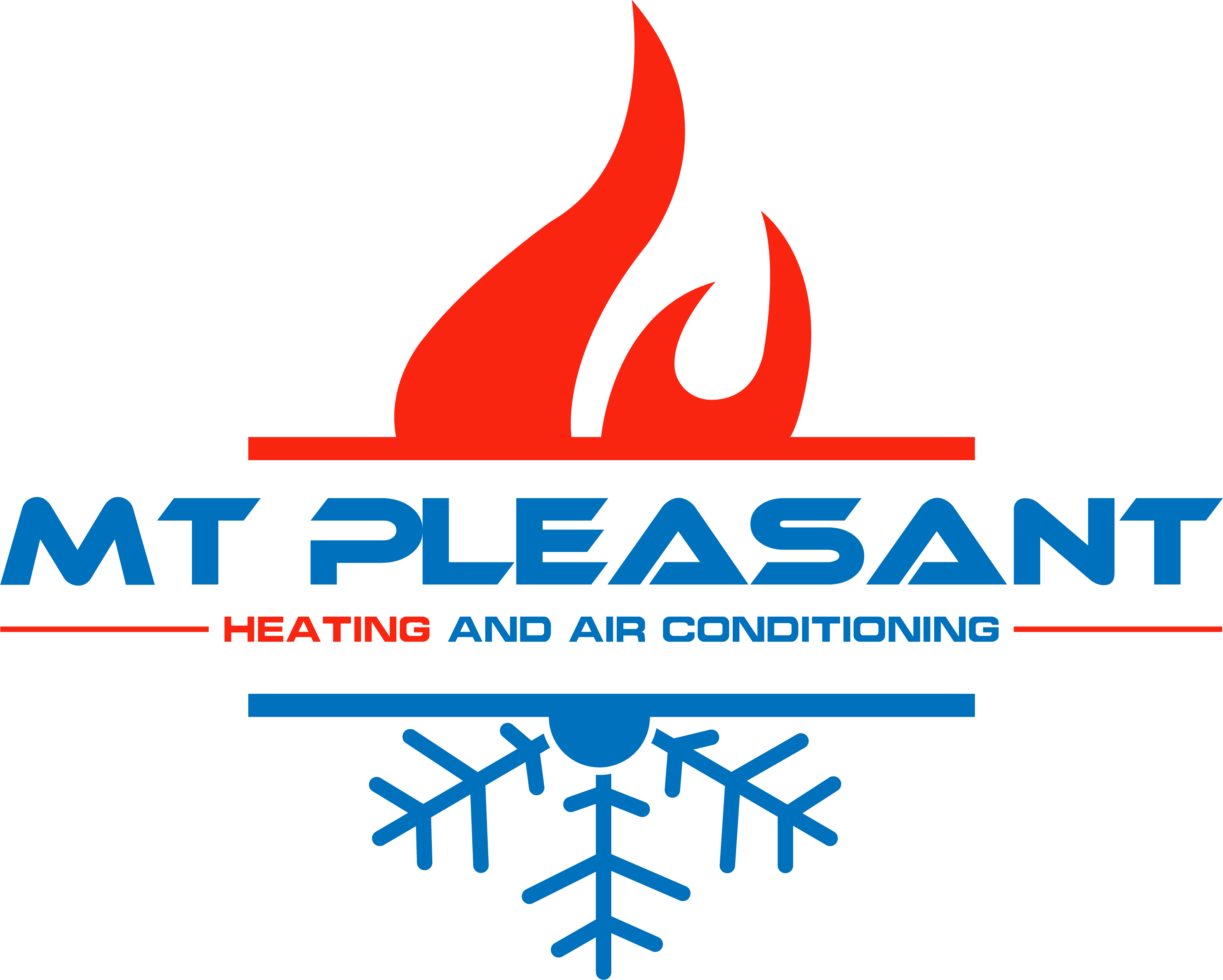As temperatures continue to drop across the Lowcountry, residents of Mount Pleasant, Charleston, and surrounding areas are cranking up their thermostats to stay warm. But high heating bills often come along with chasing away the cold. Luckily, there are steps you can take to reduce your energy usage and save money this winter. One of the best ways is adding insulation.
What Is Insulation and How Does It Reduce Heating Bills?
Insulation is material placed in walls, floors, attics, and other parts of your home to prevent heat loss. Heat flows naturally from warmer areas to cooler ones. So, during colder months, the heat inside your home tries to escape to the chilly outdoors. Insulation provides a barrier that slows down that heat transfer. The more heat that stays inside instead of being lost, the less your HVAC system has to work to maintain a comfortable temperature. This translates to lower energy bills.
Insulation also makes your home quieter by damping sounds and reduces condensation by warming surfaces. Well-insulated homes stay warmer in winter and cooler in summer, creating a more comfortable living space year-round.
Recommended Insulation Levels for the Charleston Area
The amount of insulation recommended for your Charleston, SC, or Mount Pleasant, SC house depends on your local climate conditions, HVAC setup, and other factors. Here are some general guidelines from the Department of Energy:
Attic insulation: R-38 to R-60
Exterior wall insulation: R-13 to R-23
Floor insulation: R-19 to R-30
The R-value refers to the insulation’s resistance to heat flow. So higher numbers mean more effective insulation. Building codes usually set minimum standards, but going above them can lead to even more energy savings. An insulation contractor can help determine the ideal levels for your home.
How Insulation Can Reduce Heating Costs
Let’s look at how upgrading attic insulation can put dollars back in your wallet this winter. The average Charleston home has R-30 insulation in the attic and uses around 262 gallons of heating oil per winter. By bringing that up to R-50 attic insulation, oil usage could fall to just 196 gallons – a savings of 25%! For most area homes that rely on a central heater and A/C unit, that could mean over $200 in savings this winter season.
And remember, better insulation also keeps your home cooler in summer, leading to air conditioner energy savings. So, the investment pays dividends year after year. Upfront costs for an insulation upgrade can usually be recouped in energy bill savings within just a few years.
Air Sealing Works Hand-in-Hand with Insulation
Adding insulation may not help as much if warm air is still escaping through hidden cracks and gaps in your home’s outer shell. Air sealing involves sealing those sneaky openings with caulk, spray foam, weather stripping, and other barrier materials. Common trouble spots include attic hatches, electrical
outlets, windows, fireplaces, pipes, wiring holes, and unfinished spaces.
Like insulation, air sealing prevents indoor air from leaking out and being replaced by unconditioned outside air. The two strategies go hand in hand when it comes to lowering heating and cooling bills. Proper insulation levels are most effective when paired with comprehensive air sealing to maximize energy savings.
Getting an Insulation Inspection
If your home is more than 20 years old and still has the original insulation, an inspection is a wise idea. Over years of settling, damage, and wear, insulation can become compacted or displaced. An insulation contractor uses special equipment to check your insulation levels in areas like the attic, walls, and crawl space. They can then recommend fixes to get your insulation back up to optimal condition.
Newer insulation materials like spray foam and insulated siding have higher and more consistent R-values than traditional fiberglass batts. Blown-in loose fill insulation is another great option. Don’t assume that insulation installed decades ago is still in good shape – get a professional inspection first.
Get the help of a local HVAC company
Are you looking for ways to stay warmer while opening less heating bills this winter? Contact us today for a free quote on insulation upgrades and air sealing! Our locally owned team has been making Charleston-area homes more comfortable for many years. Let our team of experts deliver a comfortable living environment to you throughout the year. Call today 803-837-4115

